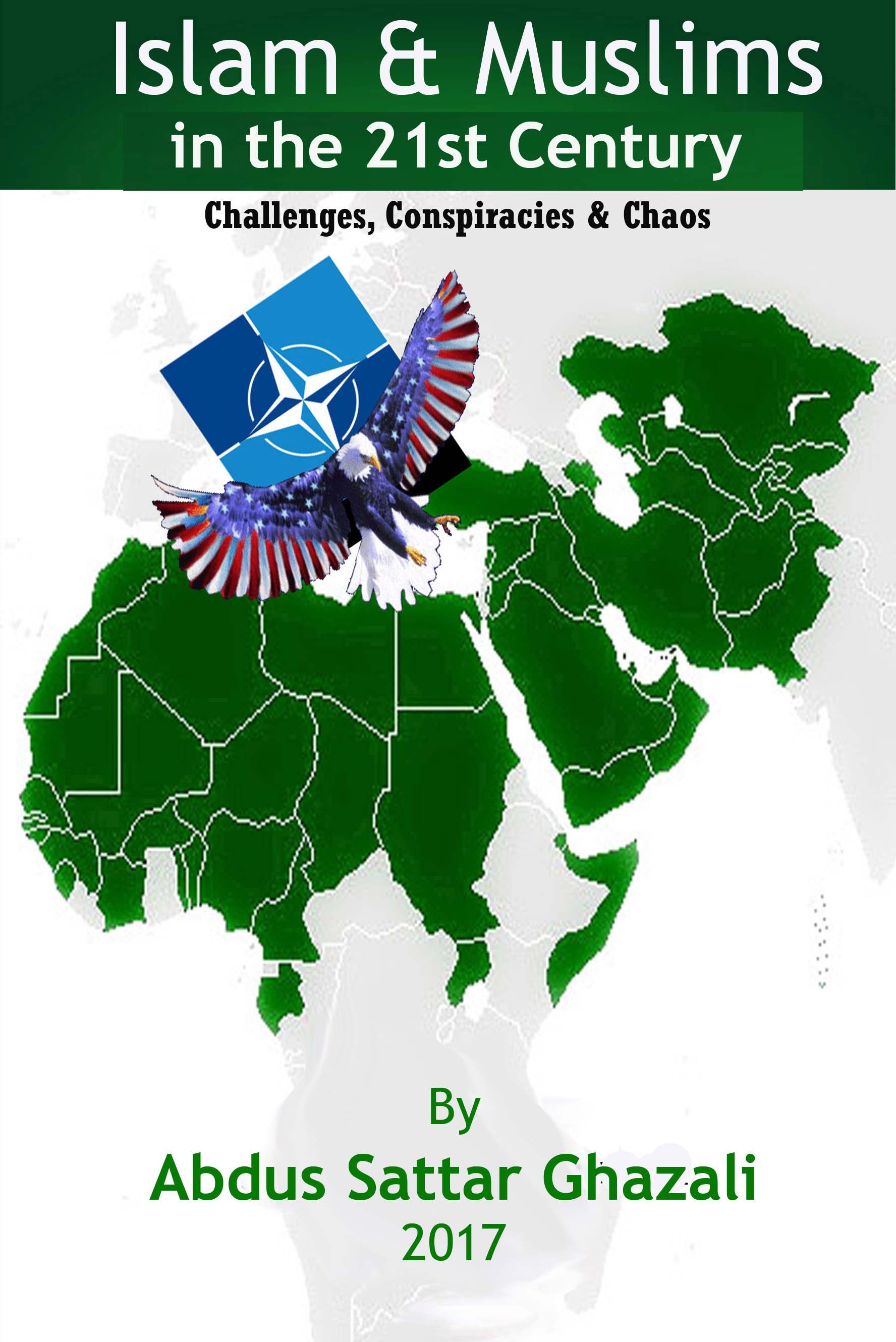October 11, 2020
Amid violation accusations Nagorno-Karabakh truce under severe strain
By Abdus Sattar Ghazali
A Russian-brokered humanitarian ceasefire in Nagorno-Karabakh was under severe strain on Sunday a day after it was agreed, with Azerbaijan and Armenia accusing each other of serious violations and crimes against civilians, Reuters reported.
The ceasefire, clinched after marathon talks in Moscow advocated by President Vladimir Putin, was meant to halt fighting to allow ethnic Armenian forces in Nagorno-Karabakh and Azeri forces to swap prisoners and war dead.
On Sunday, Azerbaijan accused Armenia of heavily shelling a residential area in Ganja, its second largest city, in the early hours of the morning, and of hitting an apartment building, the news agency said.
Azerbaijan accused Armenia of also launching an unsuccessful rocket attack on an Azeri hydro-electric power station in Mingachevir. Ethnic Armenian forces in Karabakh denied the assertion.
The Armenian defense ministry called the allegations "an absolute lie" and accused Azerbaijan of continuing to shell populated areas inside Karabakh, including Stepanakert, the region's biggest city Reuters said.
The European Union’s diplomatic chief Sunday expressed his deep concern over reports of violations of the ceasefire between Armenia and Azerbaijan.
“We note with extreme concern the reports of continued military activities, including against civilian targets, as well as civilian casualties,” EU foreign policy chief Josep Borrell said in a statement.
Pope Francis deplored Sunday the fragile truce between warring neighbors Armenia and Azerbaijan.
Speaking after the Angelus prayer in Rome, the pontiff welcomed the ceasefire, but added: “The truce proves to be too fragile,” the Vatican news service said.
The Pope urged regional leaders to resolve the conflict “not through the use of force and arms, but through the means of dialogue and negotiation,” it added.
ICRC says ready to facilitate support in Karabakh
Zara Amatuni from the International Committee of the Red Cross (ICRC) said the humanitarian impact of the current conflict “is immense.”
“We are in regular discussions with [both] sides about the nature of our involvement,” Amatuni told Al Jazeera.
“However, for now, the date for the operation to begin is in the hands of the sides, and the ICRC stands ready to facilitate support in their humanitarian obligations to release the detainees, on the one hand, on the other, to return the human remains so that the families can bury their loved ones with dignity.
“We’ve been hearing reports [of] shelling on both sides of the line of contact, which has not allowed us to get involved in any kind of agreement, or attempt for humanitarian operation.
“We are talking now of at least tens of thousands of people that will be needing assistance in the next few months to be able to cope with the toll taken on them because of the surge in violence.”
Israel accused of backing Azerbaijan
Arayik Harutyunyan, president of the self-declared Republic of Nagorno-Karabakh has accused Israel of backing Azerbaijan.
Speaking at a news conference, Arayik Harutyunyan said Azerbaijan had been using Israeli-made attack drones in the recent fighting. “They continue to provide these UAVs (Unmanned Aerial Vehicles) and the authorities of Israel are responsible for this genocide,” he told reporters.
Harutyunyan also accused Azerbaijan authorities of failing to comply with an agreement on the exchange of prisoners and the dead that should have taken place on Sunday with the support of the Red Cross.
Russia has important role to play in Nagorno-Karabakh conflict
Vladimir Sotnikov, an analyst with the Russian Academy of Sciences, has told Al Jazeera that Moscow has the influence to not only broker a ceasefire but also getting Azerbaijan and Armenia to agree to a peaceful settlement.
“Russia managed to get both sides to the negotiating table, which is a critical step [that led to] a ceasefire and substantive agreement,” said Sotnikov, speaking from Moscow.
“But the second critical step would be when both parties under Russian mediation would agree to continue negotiations to reach a settlement.”
Meanwhile, Turkish Foreign Minister Mevlut Cavusoglu has asked his Russian counterpart, Sergei Lavrov, to press Armenia to abide by the terms of a Russian-brokered truce in Nagorno-Karabakh, the Turkish foreign ministry said.
In a statement, Turkey’s foreign ministry strongly condemned an Armenian missile attack on Ganja, Azerbaijan’s second city, on Sunday morning.
Armenians in Argentina decry Nagorno-Karabakh conflict
Hundreds of people from Argentina’s Armenian community demonstrated Saturday in Buenos Aires, calling for an end to fighting in Nagorno-Karabakh, the AFP reported.
The march attracted a mostly young crowd, with demonstrators playing traditional Armenian music and performing folk dances.
They marched from the Azerbaijan embassy and gathered in front of Turkey’s embassy, which has been accused of military support for Azerbaijan in the conflict. Ankara denies the charge.
Argentina's Armenian community is estimated at 100,000 people, most of whom are third- or fourth-generation.
Russia-brokered Nagorno-Karabakh cease-fire fails to hold
By Abdus Sattar Ghazali
Hours after a Russian-brokered cease-fire went into effect, Armenia and Azerbaijan on Saturday accused each other of violating the truce.
Russian Foreign Minister Sergey Lavrov, who mediated the negotiations in Moscow Friday, announced the cease-fire after 10 hours of talks with Armenian and Azerbaijani Foreign Ministers. He also said Armenia and Azerbaijan had agreed to launch talks on the settlement of the conflict.
According to the defense ministry of Azerbaijan, Armenian forces carried out attacks on the regions of Aghdara-Tartar and Fuzuli-Jabrayil.
Armenia’s Defense Ministry denied any truce violations by the Armenian forces and said in the evening that the truce was “largely holding” despite Azerbaijani “provocations,” to which the Armenian troops responded in kind.
Armenia and Azerbaijan agreed to a cease-fire starting at noon Saturday to allow for the exchange of prisoners and return of the bodies of those killed in action.
The Associated Press said if the truce holds, it would mark a major diplomatic coup for Russia, which has a security pact with Armenia but also cultivated warm ties with Azerbaijan. But the agreement was immediately challenged by mutual claims of violations.
Minutes after the truce came into force, the Armenian military accused Azerbaijan of shelling the area near the town of Kapan in southeastern Armenia, killing one civilian. Azerbaijan’s Defense Ministry rejected the Armenian accusations as a “provocation.”
The Azerbaijani military, in turn, accused Armenia of striking the Terter and Agdam regions of Azerbaijan with missiles and then attempting to launch offensives in the Agdere-Terter and the Fizuli-Jabrail areas.
Several explosions – both in the air and on the ground – were observed in Nigorno-Karabakh capital Stepankert, RT reported.
The latest outburst of fighting between Azerbaijani and Armenian forces began Sept. 27 and left hundreds of people dead in the biggest escalation of the decades-old conflict over Nagorno-Karabakh since in 1994.
The current escalation marked the first time that Azerbaijan's ally Turkey took a high profile in the conflict, offering strong political support, the Associated Press said adding: Over the past few years, Turkey provided Azerbaijan with state-of-the-art weapons, including drones and rocket systems that helped the Azerbaijani military outgun the Nagorno-Karabakh separatist forces in the latest fighting.
Armenian officials claim Turkey is involved in the conflict and is sending Syrian mercenaries to fight on Azerbaijan’s side. Turkey has denied Armenian claim.
A lasting cease-fire in Nagorno-Karabakh would allow the Kremlin to stem Turkey's bid to expand its clout in Russia's backyard without ruining its strategic relationship with Ankara, the AP argued.
A cease-fire between Azerbaijan and Armenia in the occupied region of Nagorno-Karabakh will not replace a permanent solution to the issue, Turkey's Foreign Ministry said in a statement Saturday.
"The cease-fire, which has been declared for the exchange of prisoners and bodies on humanitarian grounds, is an important first step, but is no substitute for a permanent solution," the ministry said.
The statement reiterated that Turkey would only support solutions agreed on by Azerbaijan.
Abdus Sattar Ghazali is the Chief Editor of the Journal of America (www.journalofamerica.net) email: asghazali2011 (@) gmail.com

The Journal of America Team:
Editor in chief:
Abdus Sattar Ghazali
Senior Editor:
Prof. Arthur Scott
Special Correspondent
Maryam Turab
Your donation
is tax deductable.



